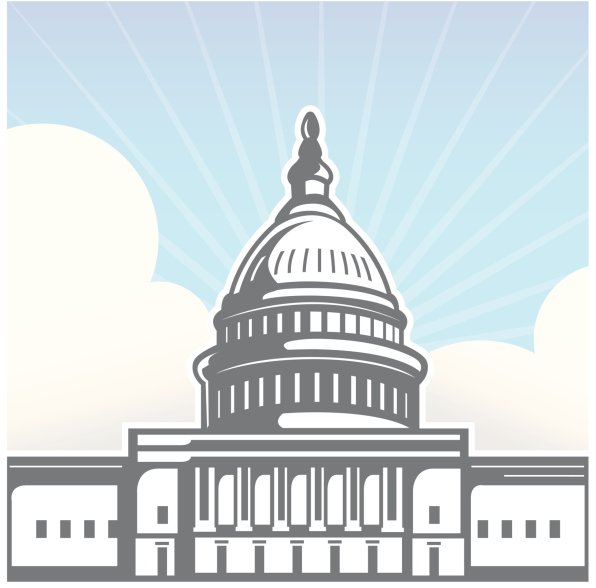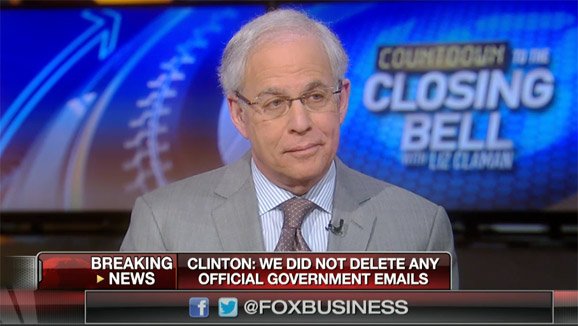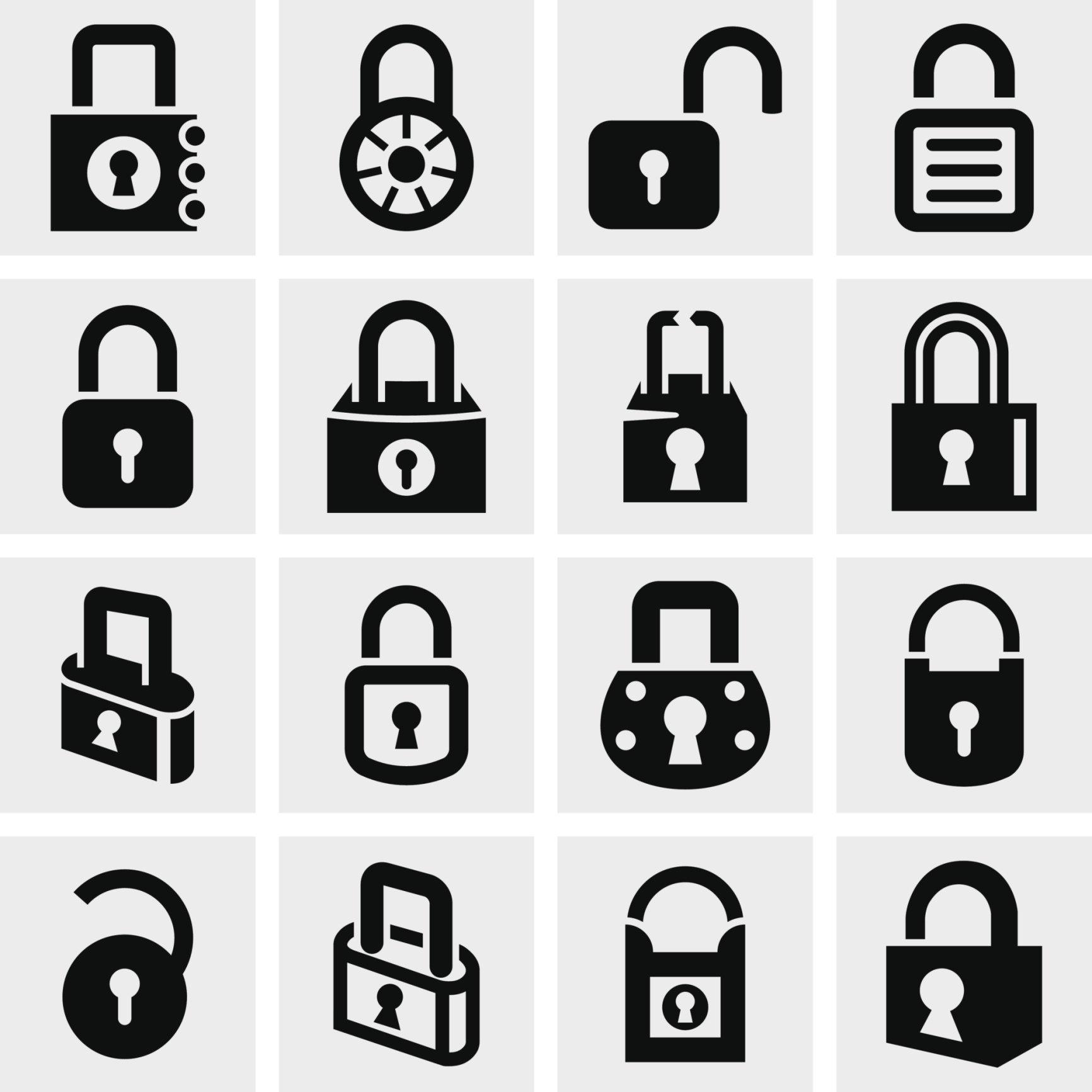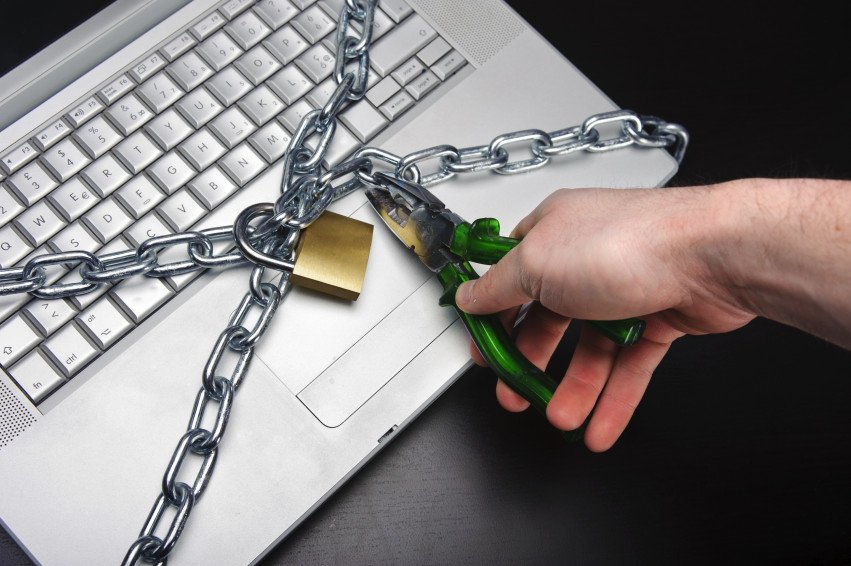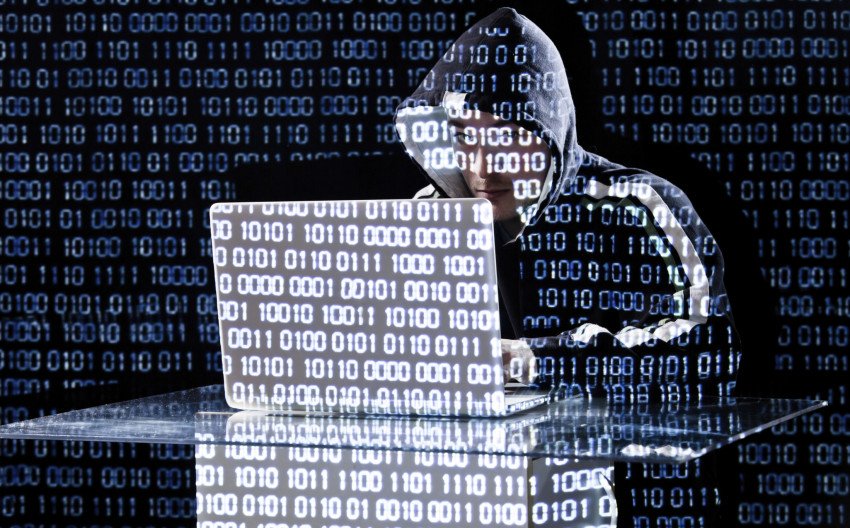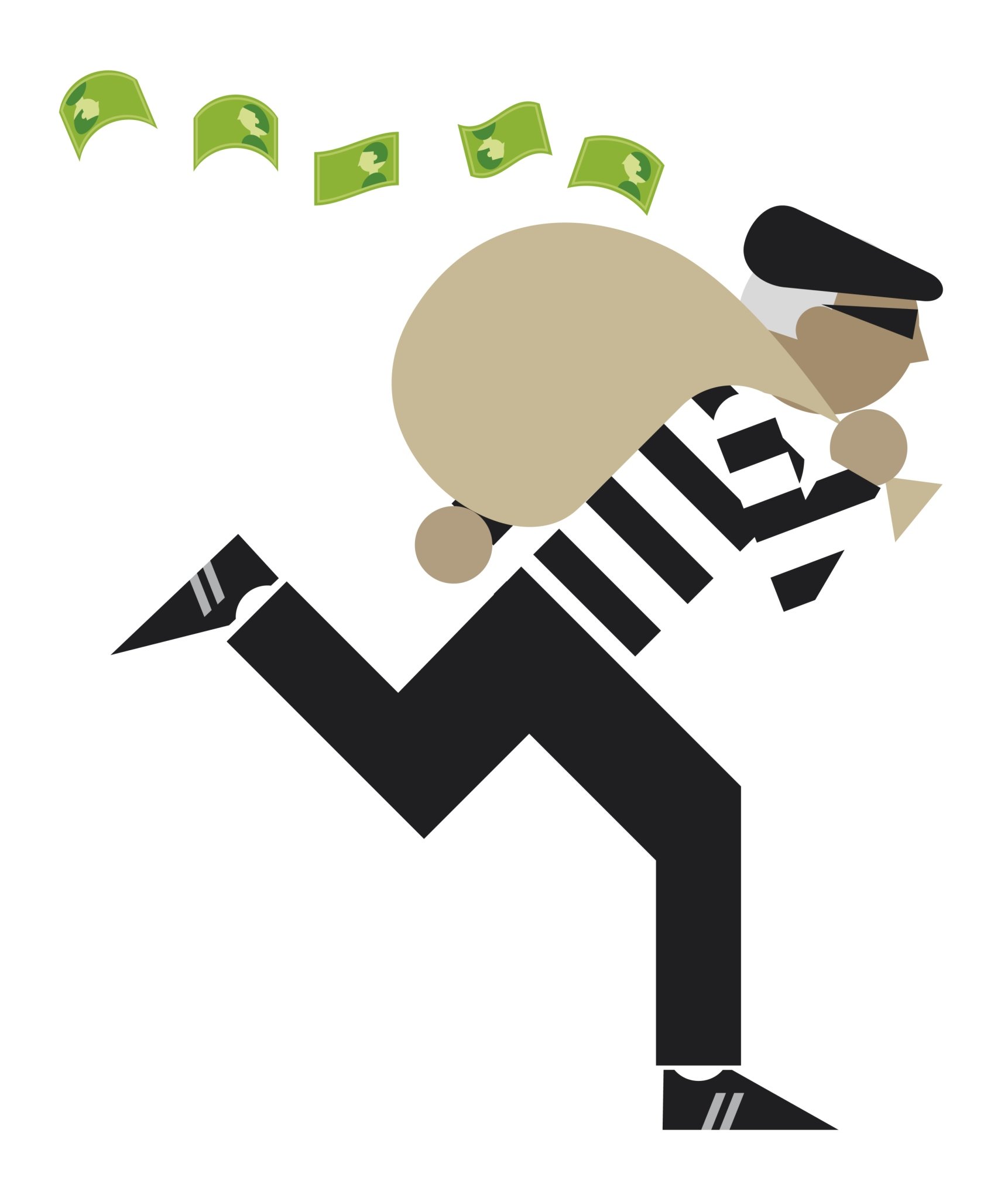Get in Touch
It’s great that more folks are backing up their files using cloud-based services like Dropbox. While hackers and virus writers get all the headlines,...
A recent report by cybersecurity management firm Venafi showing that a vast majority of the world’s largest companies remain vulnerable to attacks stemming from...
With each passing brand name mega-breach—Home Depot, Target, JPMorgan Chase, Anthem—it becomes ever more urgent for government and industry to get on the same...
Emails purportedly sent by health insurance companies and large banks are more likely to be fraudulent than those claiming to be from social media...
Adam Levin spoke with Liz Claman on Countdown to the Closing Bell on Fox Business about the security issues surrounding Former Secretary of State Hillary...
The Democratic and Republican gristmills got to work last week on Hillary Clinton’s “homebrew” email, and the ensuing firestorm underscored an alarming lack of...
An alarming number of cloud-based apps used by enterprise employees don’t encrypt data at rest or require two-factor authentication.
And an astounding number of employees...
Media reports concerning the Anthem breach have indicated that the compromised personal information wasn’t encrypted. Encryption – strong, modern algorithms properly implemented with tight...
Faked PayPal email notifications directing recipients to malicious websites aren’t new. But cybercriminals are getting a lot better at executing them.
That’s what the discovery...
A funny thing happened on the way to the ATM (and depending on who you believe, may still be happening). Scratch that. For the...







